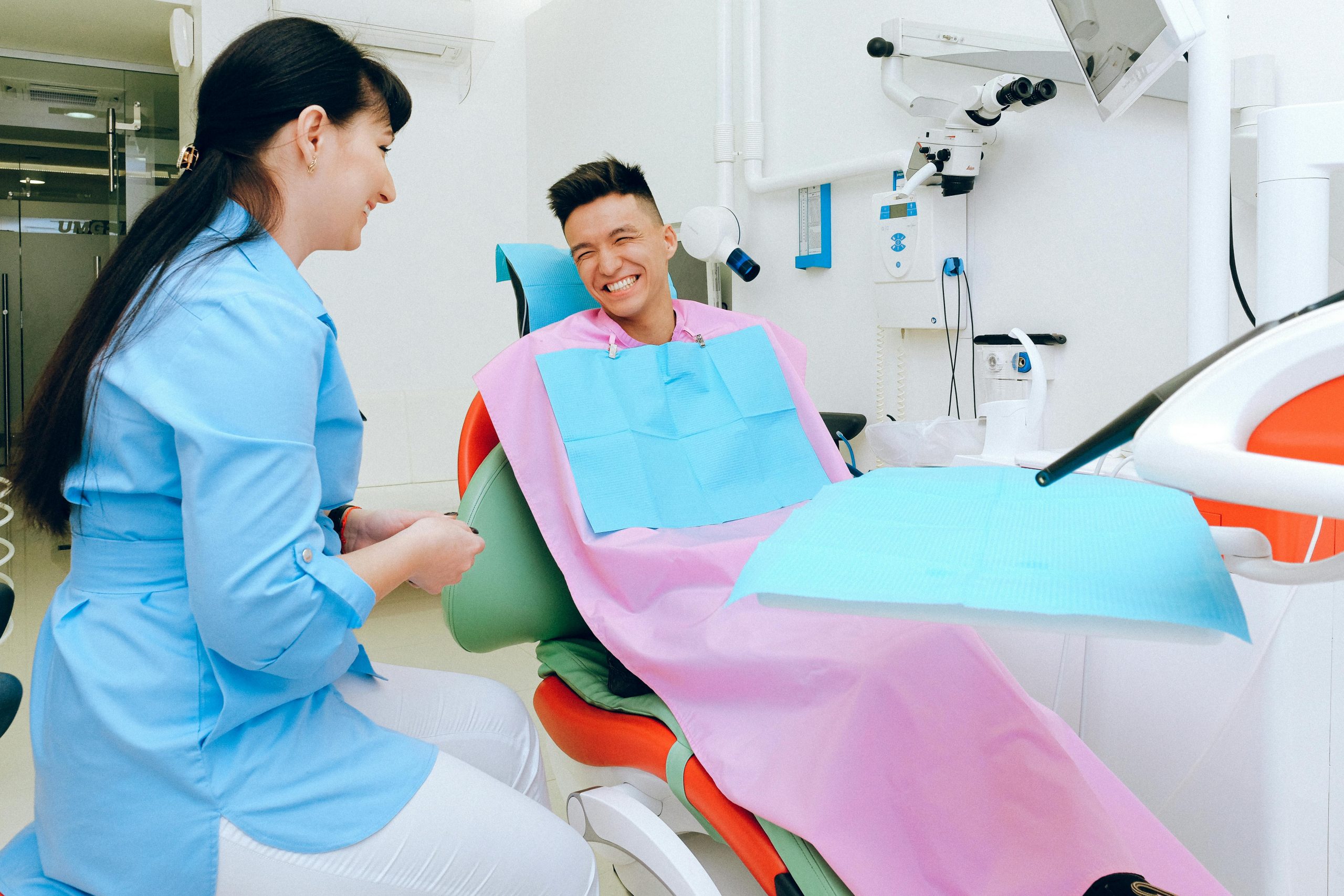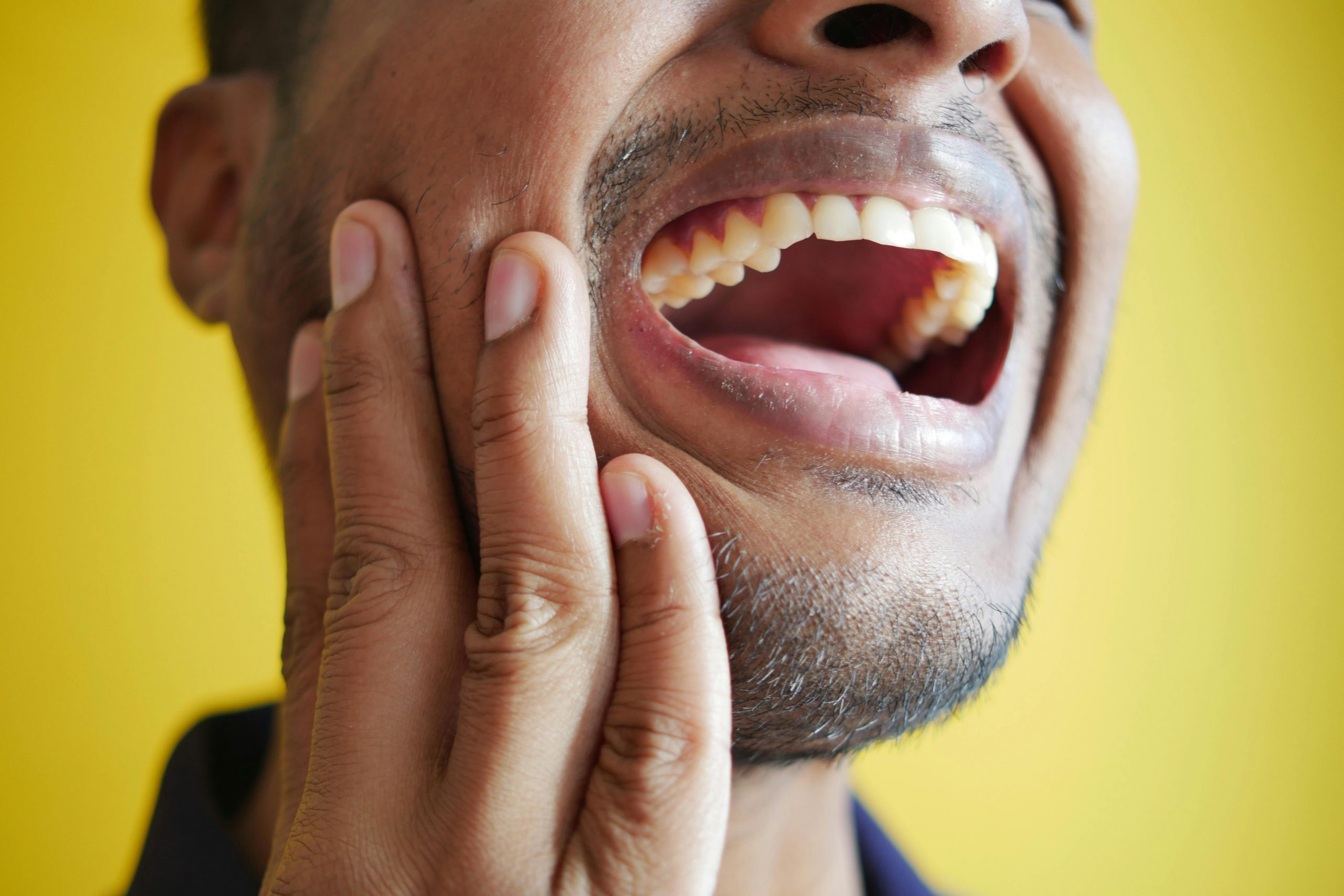
Have you ever taken a refreshing sip of iced water or soda, only to be met with a sharp, sudden pain in your tooth? That zinging discomfort can catch anyone off guard. If you’re asking, “Why does my tooth hurt when I drink something cold?” you’re not alone—and your body might be trying to tell you something important.
Tooth sensitivity to cold can be a sign of several dental issues, ranging from minor problems like enamel erosion to more serious ones like tooth fractures or infections. Let’s break it all down so you can better understand what’s causing the pain and what to do about it.
What Does Cold Sensitivity Really Mean?
When your tooth reacts painfully to cold drinks, it usually means the inner layer of the tooth—called dentin—is exposed. The dentin contains tiny tubules that lead to the tooth’s nerve (pulp), and when something cold hits those exposed tubules, you feel a sharp pain.
This can happen for several reasons, and the exact cause often determines how serious the issue is.
Why Does My Tooth Hurt When I Drink Something Cold? Here Are the Top 5 Reasons

Here are some of the most common (and a few more serious) culprits behind cold-sensitive teeth:
1. Cavity (Tooth Decay)
A cavity is one of the most common reasons for tooth pain when exposed to cold temperatures. When bacteria wear down your enamel, they create tiny holes in your teeth. These cavities expose the dentin, leading to sensitivity.
Signs it could be a cavity:
- Localized pain in one specific tooth
- Pain that worsens with sweets or cold drinks
- Visible dark spots or pits on the tooth
What to do: Schedule a dental visit. Cavities don’t heal on their own and need to be treated with fillings or other restorations.
2. Cracked Tooth
A hairline crack in your tooth might not be visible, but it can cause significant sensitivity. Cracks allow cold liquids to reach the nerve endings inside the tooth, triggering that sharp pain.
Symptoms of a cracked tooth:
- Sharp pain when biting down or releasing pressure
- Intermittent pain—not constant
- Sensitivity to cold or hot drinks
What to do: See a dentist ASAP. A cracked tooth can worsen over time and may eventually require a crown or even a root canal.
3. Worn Enamel or Gum Recession
Tooth enamel is the outer protective layer. When it wears down due to aggressive brushing, grinding, or acidic foods, the dentin underneath becomes exposed. Similarly, if your gums recede (pull away from the teeth), the roots— which don’t have enamel—can become sensitive.
What causes enamel wear or gum recession?
- Brushing too hard
- Grinding your teeth (bruxism)
- Acidic diet (soda, citrus, vinegar)
- Aging or gum disease
What to do:
- Switch to a soft-bristled toothbrush
- Use toothpaste designed for sensitivity
- Ask your dentist if a fluoride treatment or bonding might help
4. Dental Work or Whitening Treatments
Sometimes, recent dental work can temporarily make your teeth sensitive to cold. Whitening treatments, in particular, are known to cause short-term sensitivity.
When it’s likely:
- You’ve recently had a filling, crown, or professional whitening
- The sensitivity affects multiple teeth at once
What to do: Usually, this type of sensitivity fades within a week or two. In the meantime, avoid extremely cold drinks and use desensitizing toothpaste.
5. Tooth Infection or Pulpitis
If you feel intense, lingering pain after drinking something cold, it might be more than sensitivity—it could be tooth nerve pain caused by an infected or inflamed nerve (pulpitis). This condition is known as pulpitis and often follows untreated cavities or trauma.
Symptoms to watch for:
- Throbbing or constant pain
- Swelling around the tooth or gums
- Pain that lingers even after the cold stimulus is gone
What to do: This is a dental emergency. You’ll likely need a root canal to remove the infected tissue and save the tooth.
Is the Pain Brief or Lingering? It Matters
Understanding the type of pain you’re experiencing can help narrow down the cause:
| Type of Pain | Possible Cause |
| Sharp but quick | Exposed dentin, mild sensitivity |
| Lingering pain | Cavity, cracked tooth, or pulpitis |
| Radiating pain | Nerve involvement, possibly requiring a root canal |
| Pain only when biting | Cracked tooth or high filling |
What If the Pain Comes and Goes?
Sometimes, cold sensitivity isn’t consistent. You might only feel it now and then. In these cases, the issue might still be mild—like early enamel wear—or it might be the start of something more serious.
Keep a mental note of:
- Which tooth it affects
- How often it happens
- What triggers it (cold water, air, sweets, etc.)
Tracking this info will help your dentist diagnose the issue more accurately.
When Should You See a Dentist?

It’s tempting to ignore minor tooth sensitivity, but pain is a warning sign. You should see a dentist if:
- The pain lingers more than a few seconds
- The pain is getting worse over time
- You see visible signs of decay or damage
- The tooth is sensitive to both hot and cold
- You experience swelling, pus, or bad breath
How Dentists Treat Cold-Sensitive Teeth
Depending on the cause, your dentist might recommend:
- Desensitizing toothpaste: To block pain signals to the nerve
- Fluoride treatments: To strengthen enamel and reduce sensitivity
- Bonding agents or sealants: To cover exposed dentin or roots
- Fillings or crowns: For cavities or cracks
- Root canal therapy: If the tooth nerve is infected or inflamed
How to Prevent Tooth Sensitivity in the Future
Whether your sensitivity is mild or serious, prevention is key. Try these tips:
Brush and floss gently
Use a soft-bristled toothbrush and don’t scrub too hard—brushing aggressively wears down enamel and irritates gums.
Watch your diet
Limit acidic foods and drinks like soda, citrus fruits, wine, and vinegar. They can wear down enamel over time.
Use a mouthguard
If you grind your teeth at night, ask your dentist about a custom night guard to protect your enamel.
Get regular checkups
Early detection is the best way to avoid serious dental problems.
Don’t Ignore the Cold Shock
Tooth pain when drinking something cold might feel like a small annoyance, but it can signal a deeper problem. Whether it’s a simple cavity, a tiny crack, or nerve inflammation, it’s always better to find out sooner than later.
So next time you flinch from a cold drink, don’t brush it off. Ask yourself: Why does my tooth hurt when I drink something cold? Then take action to find the answer—and get the relief you need.

